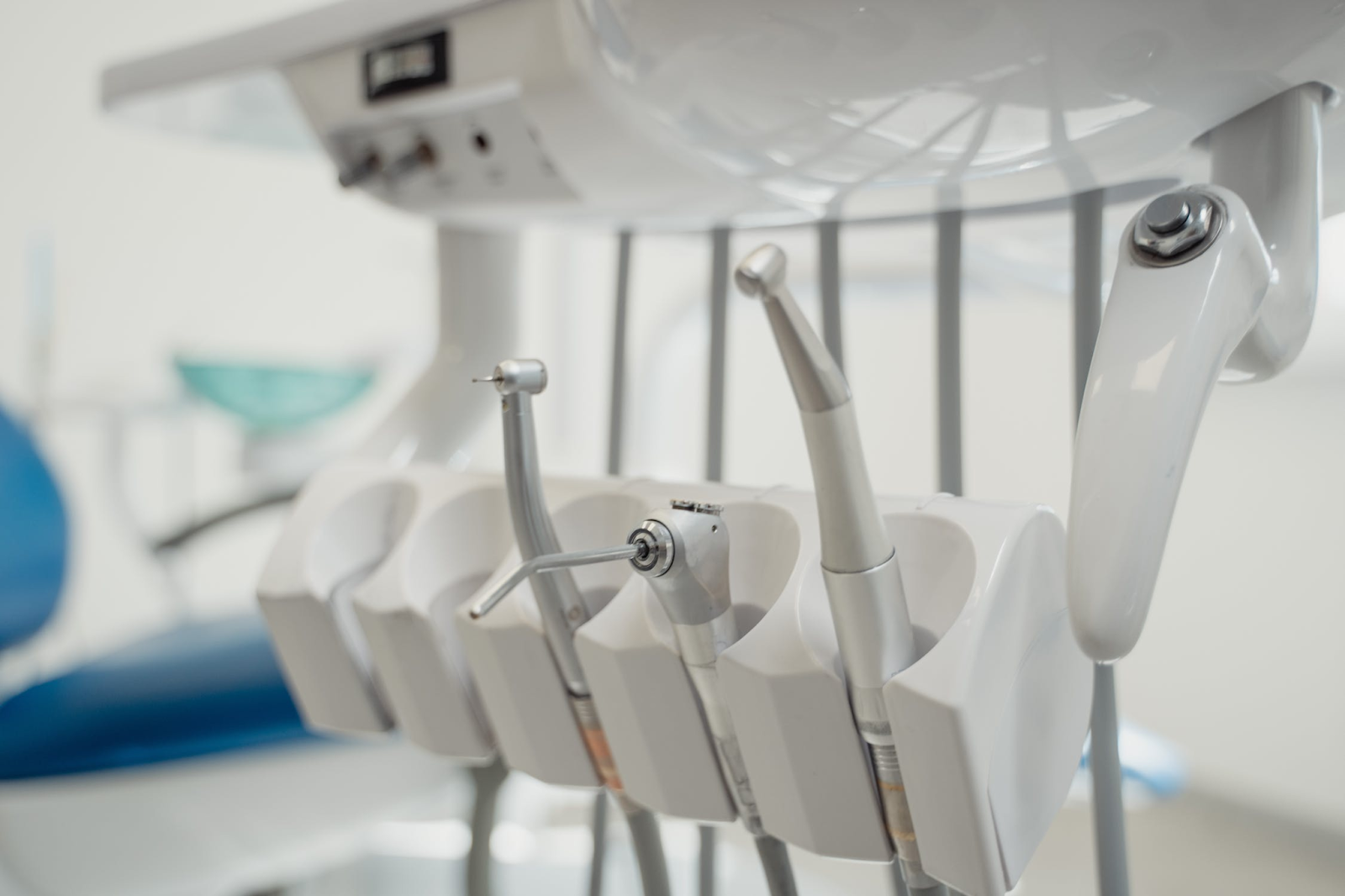Can You Save An Abscessed Tooth?

It’s more painful than any dental procedure could ever be, can spread into your jaw, causing permanent damage, and can even get so bad as to cause you heart problems. What is it? An abscessed tooth.
An abscess is when bacteria have been able to get into your teeth (through a cavity or a broken tooth) and create an infection in the root. This area gets severely damaged, fills with pus, and becomes quite painful. If not treated quickly, the abscess can spread through the gums, into the jaw, and the bacteria can even enter the bloodstream. An abscess that is caught early enough, however, can be treated so that you may even avoid any major procedure.
Symptoms of an Abscessed Tooth
If you are lucky, the first sign of an abscess might only be a slightly bad taste in your mouth or some mild pain and discomfort. That is why we should always take our mouth seriously and see a dentist if we think there might be a problem.
However, an abscessed tooth is normally hard to miss. That pain you had been trying to ignore has suddenly become a thousand times worse, and the side of your face feels swollen and hot. You might likely be feeling some of these other symptoms as well:
- Terrible breath.
- Pus.
- Fever.
- Swollen glands and feeling like you have the flu.
- Difficulty swallowing.
- Nausea and vomiting.
What Are the Causes of an Abscessed Tooth?
The primary cause of an abscess is a cavity that has not been treated due to neglect. This is why it is essential to regularly visit your dentist and to practice good dental hygiene.
When a cavity appears in your tooth enamel, either from decay or physical damage, it allows bacteria to enter the nerve and blood supply of the tooth and cause an infection all the way down in the root of the tooth. This infection damages the root, the blood vessels and the bone surrounding the tooth. Your body’s immune system will attempt to fight this infection, causing inflammation, heat and pus. If untreated, the infection continues to grow into the gums, bloodstream and even into the bone of the jaw. An ignored abscess that grows too large can cause enough damage that surgeons would need to remove parts of the jaw to treat it.
How is an Abscess Treated?
If caught early enough, treating an abscess is as simple as a course of antibiotics and treating the underlying causes.
However, most abscesses are not caught until they have done so much damage that they require root canal treatment. This procedure removes all the damaged pulp and bacteria before a filling and crown are placed on the remaining tooth.
If the abscess is particularly bad, you may need to have the entire tooth extracted, or even need surgery to address infection of the bone below.
Can an Abscessed Tooth Be Prevented?
The good news is that there is no reason for any of us to have to experience an abscessed tooth. If we have good dental habits and don’t ignore problems when they occur, we can avoid ever going through the pain and suffering such infections cause.
If you think you have suffered a physical injury to your tooth after an accident, or perhaps after biting too hard into the wrong food, book an appointment to see your dentist immediately. The faster you have your teeth examined and treated, the less likely the bacteria will ever have the chance to take advantage of any damage to your enamel.
Sadly, most abscesses we come across at Whitehorse Dental come not after physical injury, but as a result of untreated tooth decay. These could easily have been prevented by a timely visit to the dentist followed by a simple filling procedure..
We should all brush our teeth twice a day and clean between teeth. Interdental cleaning (with interdental brushes or flossing) is the number one way to prevent tooth decay which causes cavities.
Maintaining a healthy diet that is low in sugar and drinking water, especially with every meal, can not only decrease tooth decay but also provide the nutrients to strengthen our teeth against it. Most importantly, visit your dentist at least twice a year. Identifying and treating tooth decay long before it gets bad will save you from the pain and suffering that comes as a consequence of doing nothing.
It can sometimes be easy to put off seeing a dentist, especially if it has been a while. You may be feeling anxious about the visit, or embarrassed because you know there may be some issues. We would rather help you fight the cavities that are forming today than have to remove a tooth tomorrow.
Here at Whitehorse Dental, we put emphasis on preventative dentistry. Helping you maintain a healthy and vibrant smile means you look great, feel better, and get to avoid the pain and suffering of an unhealthy mouth. Contact us now to book an appointment.

